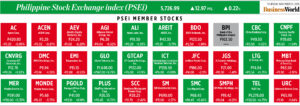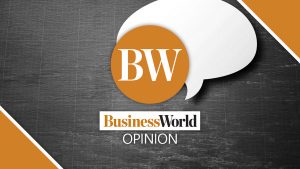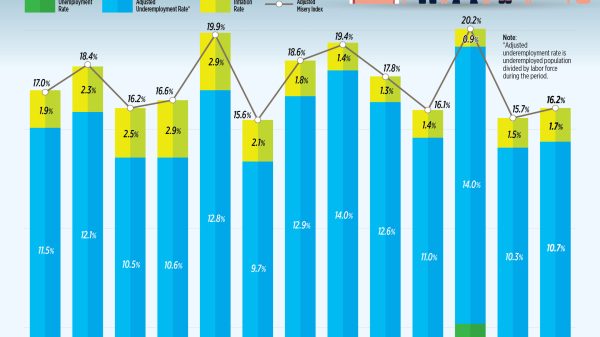The decision by the Mavericks to relieve Nico Harrison of his duties as general manager marks a turning point for all and sundry. When he orchestrated the departure of erstwhile franchise cornerstone Luka Doncic, he promised immediate and sustained contention for them. Instead, they have suffered from an identity crisis. His firing opens a new chapter, perhaps not with the certainty of triumph, but with the palpable relief that comes with the admission that they made a monumental mistake.
The Mavericks are just nine months removed from pulling the trigger on one of the most stunning and controversial deals in the history of the National Basketball Association. The imperative for Harrison was clear: renovate the roster, pivot from a Doncic-centric offence to an Anthony Davis-anchored defense, and open a fresh championship window. Needless to say, they grossly underestimated how deep the structural and emotional currents ran. The trade dismantled the bedrock identity of the blue and white and exposed their intrinsic frailties.
In the aftermath, the results have been brutal. The Mavericks barely made the play-in tournament after the trade deadline, and then failed to survive it. This season, they have been a woeful 3-8 so far, ranking among the worst in the league in offensive efficiency, three-point shooting, and assists. Throughout the slide, Davis has been mostly injured; add Kyrie Irving’s continued sidelining to this familiar sight, and the recipe for disaster is complete.
In the locker room and in the stands, the mood stayed sour. Fans kept up with the “Fire Nico” chants, and ownership, led by governor Patrick Dumont, finally owned up to the legacy-altering misstep by letting go of Harrison. The veritable acknowledgment of the blunder brings with it no small measure of embarrassment. At the same time, it heralds hope and triggers a foundational rebuild; reports have noted that the Mavericks will pursue a senior basketball operations hire and shift attention to the future by focusing on top overall pick Cooper Flagg and other draft assets.
To be sure, the road ahead remains rife with obstacles. The Mavericks are constrained by earlier player swaps that will cost them draft picks between 2027 and 2030. And even as they will still carry Davis’ contract and injury history, they look to rebuild the trust of an alienated fan base. Once more, they’re seizing an opportunity to change direction. This time, however, they’re doing so on the strength of reflection and not bravado. Whether they ultimately succeed in their pivoting, only time will tell.
Anthony L. Cuaycong has been writing Courtside since BusinessWorld introduced a Sports section in 1994. He is a consultant on strategic planning, operations and human resources management, corporate communications, and business development.

















